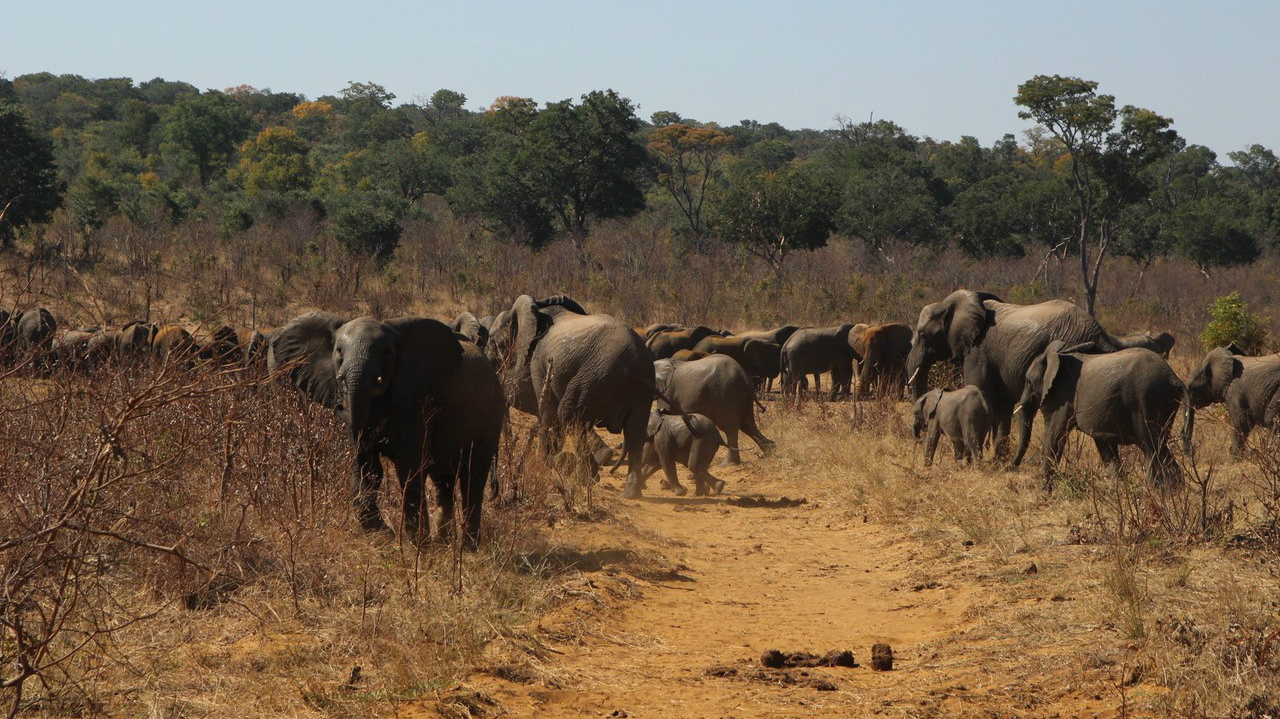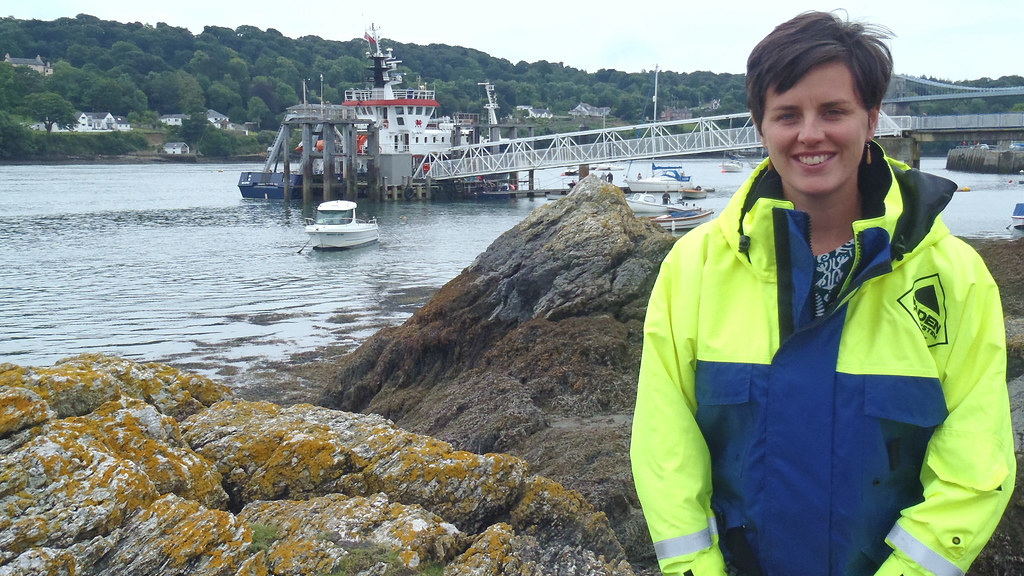I am an elephant researcher for the African Lion and Environmental Trust (ALERT) in Victoria Falls, Zimbabwe. Our research comprises not only elephants, but also giraffes, lions, game counts and the predators of the parks such as spotted hyenas. We also analyse the human-wildlife conflict that occurs in the rural communities surrounding the park.
Finding my place with the elephants
I came across ALERT when I was looking into work placements as part of my Natural Sciences degree at Bath. After managing to secure my placement and the funding I needed, I travelled to Africa in August 2016 to live there for a year.
When it was time to leave I knew how much I’d miss Zimbabwe, the people and the work. So, when their researcher resigned to start his master’s and ALERT called me and asked me if I’d like to take up the position, I didn’t need much convincing!
Combating the conflict between people and wildlife
I took up my new position once I’d finished my degree. As the elephant researcher, I spend my days organising the volunteers and interns who come to help, inputting and analysing data, writing research proposals, and, most importantly, driving around the Zambezi National Park looking for elephants. We go out for two mornings, four afternoons and one full day of research each week, spending the rest of the time catching up on admin and data input.
Our data includes behaviour, location and movement patterns, and will soon to move into the fields of human-elephant conflict and the impact of the elephant population on the vegetation of Zambezi National Park. This data will then be used to combat the conflict between people and wildlife, protecting those most vulnerable from the risks of living around dangerous game, and protecting the elephants against persecution.
Working in an exciting and diverse environment

There is nothing more exciting than driving around the park - you never know what you’ll see each time you go out there. No other job can be compared to field research, and where better to do it than Africa, where you can make a genuine difference here and now.
How Bath helped me achieve my dream career
Without the placements team helping me to secure the initial internship, and the Alumni Fund supporting me through some of the costs of an unpaid placement on the other side of the world, I can say for certain that I would not be here now.
My lecturers in evolutionary biology inspired me so much, and helped me to see that my interest in wildlife could be more than just a hobby. The units I studied in conservation biology, animal behaviour, ecology and evolution, and sexual conflict have been invaluable in understanding how the research works, the value of the work, and why the elephants behave as they do in different situations.
Making an impact through field work
Knowing that your job is making a real difference to the lives of both people and some of the planet’s most majestic, iconic and important animals, is one of the most rewarding feelings I can imagine. Elephants have become my life. Whenever I’m away from the park, I’m just counting down the hours until I can get back.



